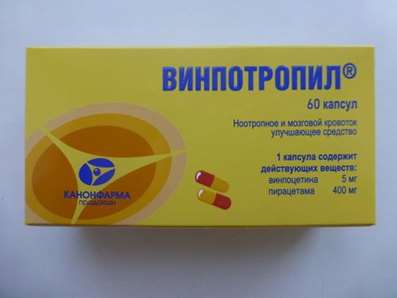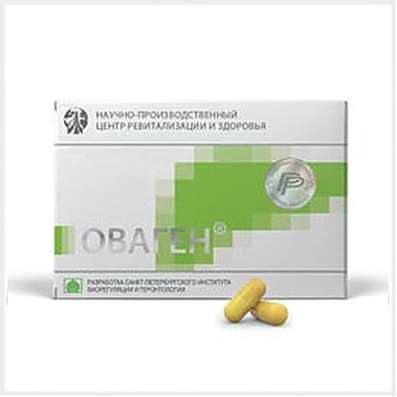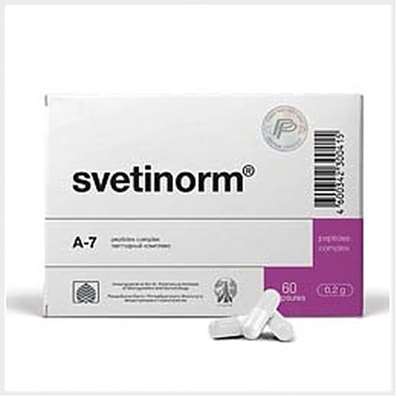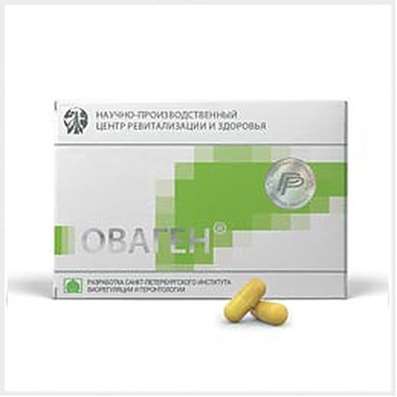Instruction for use: Rasagiline
I want this, give me price
Latin name of the substance Rasagiline
Rasagilinum (genus. Rasagilini)
Chemical name
(1R) -2,3-Dihydro-N-2-propynyl-1H-inden-1-amine (and as methanesulfonate)
Gross formula
C12H13N
Pharmacological groups of substance Rasagiline
Dopaminomimetics
Anti-Parkinsonics
CAS Code
136236-51-6
Application in pregnancy and lactation
The action category for fetus by FDA is C.
Model clinical-pharmacological article 1
Pharmacotherapy. Antiparkinsonian agent, a selective irreversible inhibitor of MAO-B, which determines the 80% MAO activity in the brain, and the dopamine metabolism. Rasagiline 30-80 times more active against MAO-B than MAO type A. Increasing the concentration of dopamine, reduces the formation of toxic free radicals, excess formation is observed in Parkinson's disease. Rasagiline has neuroprotective effects in the therapeutic dose does not block the metabolism of dietary biogenic amines (including tyramine), due to which causes no tyramine-induced hypertensive syndrome.
Pharmacokinetics. Absorption rapid, absolute bioavailability after a single application - 36%. TCmax 0.5 h. Food does not affect TCmax, however, when taking fatty foods, Cmax and AUC decrease by 60% and 20%, respectively. Pharmacokinetics is linear in the dose range of 0.5-2 mg. The connection with proteins is 60-70%. It is metabolized in the liver by N-dealkylation and / or hydroxylation to form the main biologically less active metabolite - 1-aminoindan and 2 other metabolites -. 3-hydroxy-N-propargyl-1-aminoindan and W-hydroxy-1-aminoindan. Metabolism is carried out with the participation of the isoenzyme CYP1A2. T1 / 2 - 0.6-2 hours. It is excreted by the kidneys (more than 60%), intestines (more than 20%). Less than 1% of the administered dose of the drug is excreted unchanged. With mild hepatic insufficiency, AUC and Cmax values can increase by 80% and 38%, respectively. With moderate hepatic insufficiency, AUC and Cmax values reach more than 500% and 80%, respectively.
Indication. Parkinson's disease (monotherapy or as part of combination therapy with levodopa).
Contraindications. Hypersensitivity, moderate, or severe hepatic impairment (for Child-Pugh), pheochromocytoma, concomitant therapy pethidine or dr. MAO inhibitors, fluoxetine and fluvoxamine (break between the cancellation of rasagiline and the beginning of these drug therapy should be not less than 14 days), with decongestants, sympathomimetics (including with preparations containing them), dextromethorphan, pregnancy, lactation (lactation risk of oppression against the background of the formation of inhibition of prolactin), childhood and adolescence (18 years).
Carefully. Hepatic insufficiency of mild degree, joint administration with tricyclic and tetracyclic antidepressants, potent inhibitors of CYP1A2.
Dosing. Inside, regardless of food intake of 1 mg 1 time per day (with monotherapy or in the background of taking levodopa). The course of treatment is long.
Side effect. Frequency: often (more than 1/100), rarely (1/100 - 1/1000).
With monotherapy: from the nervous system - often - headaches, depression, dizziness, anorexia, convulsions; Rarely - a disorder of cerebral circulation.
From the digestive system: often - a decrease in appetite, dyspepsia.
From the musculoskeletal system: often - arthralgia, arthritis, pain in the neck.
On the part of the skin: often - vesicular bulb rash, contact dermatitis; Rarely - skin carcinoma.
From the CVS: often - angina; Rarely - myocardial infarction.
Other: often - flu-like syndrome, fever, leukopenia, rhinitis, general weakness, conjunctivitis, acute disorders of the urinary system, allergic reactions.
With combined therapy (with levodopa preparations): from the nervous system - often - dyskinesia, muscular dystonia, anorexia, unusual dreams, ataxia; Rarely - a disorder of cerebral circulation.
From the side of the digestive tract: often - constipation, vomiting, abdominal pain, dryness of the oral mucosa.
From the digestive system: often - a decrease in appetite, dyspepsia.
From the musculoskeletal system: often - arthralgia, arthritis, pain in the neck.
On the part of the skin: often - vesicular bulb rash, contact dermatitis; Rarely - skin carcinoma.
From the CVS: often - angina; Rarely - myocardial infarction.
Other: often - flu-like syndrome, fever, leukopenia, rhinitis, general weakness, conjunctivitis, acute disorders of the urinary system, allergic reactions.
With combined therapy (with levodopa preparations): from the nervous system - often - dyskinesia, muscular dystonia, anorexia, unusual dreams, ataxia; Rarely - a disorder of cerebral circulation.
From the side of the digestive tract: often - constipation, vomiting, abdominal pain, dryness of the oral mucosa.
From the musculoskeletal system: often - arthralgia, pain in the neck, tendosinovitis.
From the skin: often - a rash; Rarely - skin melanoma.
From the CVS: often - postural hypotension; Rarely - angina.
Other: often - accidental falls, weight loss, allergic reactions.
There have been reported cases of rhabdomyolysis and ADH secretion. Both cases were recorded during post-registration studies without placebo control, and developed after a fall and subsequent long-term immobilization. The relationship between these complications and the use of rasagiline cannot be established.
Overdose. Symptoms are similar to those of non-selective MAO inhibitor overdose (including hypertension, postural hypotension).
Treatment: gastric lavage, reception of activated charcoal, symptomatic therapy, there is no specific antidote.
Interaction. MAO inhibitors - the risk of developing a hypertensive crisis.
Avoid combined use of rasagiline with PM, the mechanism of action of which consists in inhibition of reverse neuronal serotonin (fluoxetine, fluvoxamine, et al.), Tricyclic and tetracyclic antidepressants, MAO inhibitors - the risk of "serotonergic syndrome", manifesting confusion, hypomania, restlessness , Chills, tremors, diarrhea. If it is impossible to avoid the use of this combination, the treatment is carried out with caution.
It is not recommended joint use of rasagiline with sympathomimetic drugs, incl. Ephedrine, pseudoephedrine, contained in preparations for the treatment of rhinitis or cold symptoms.
The use of rasagiline with dextromethorphan and its combined drugs is not recommended.
Since the CYP1A2 isozyme is involved in the metabolism of rasagiline potent inhibitors of this enzyme (including ciprofloxacin) may increase plasma concentrations of rasagiline, so caution when combining these drugs with rasagiline.
Simultaneous use of levodopa drugs does not affect the clearance of rasagiline.
Special instructions. Application of rasagiline in recommended therapeutic dose does not cause "tyramine syndrome", which allows patients to make full use of food products containing significant amounts of tyramine in the diet (including cheese, chocolate).

 Cart
Cart





